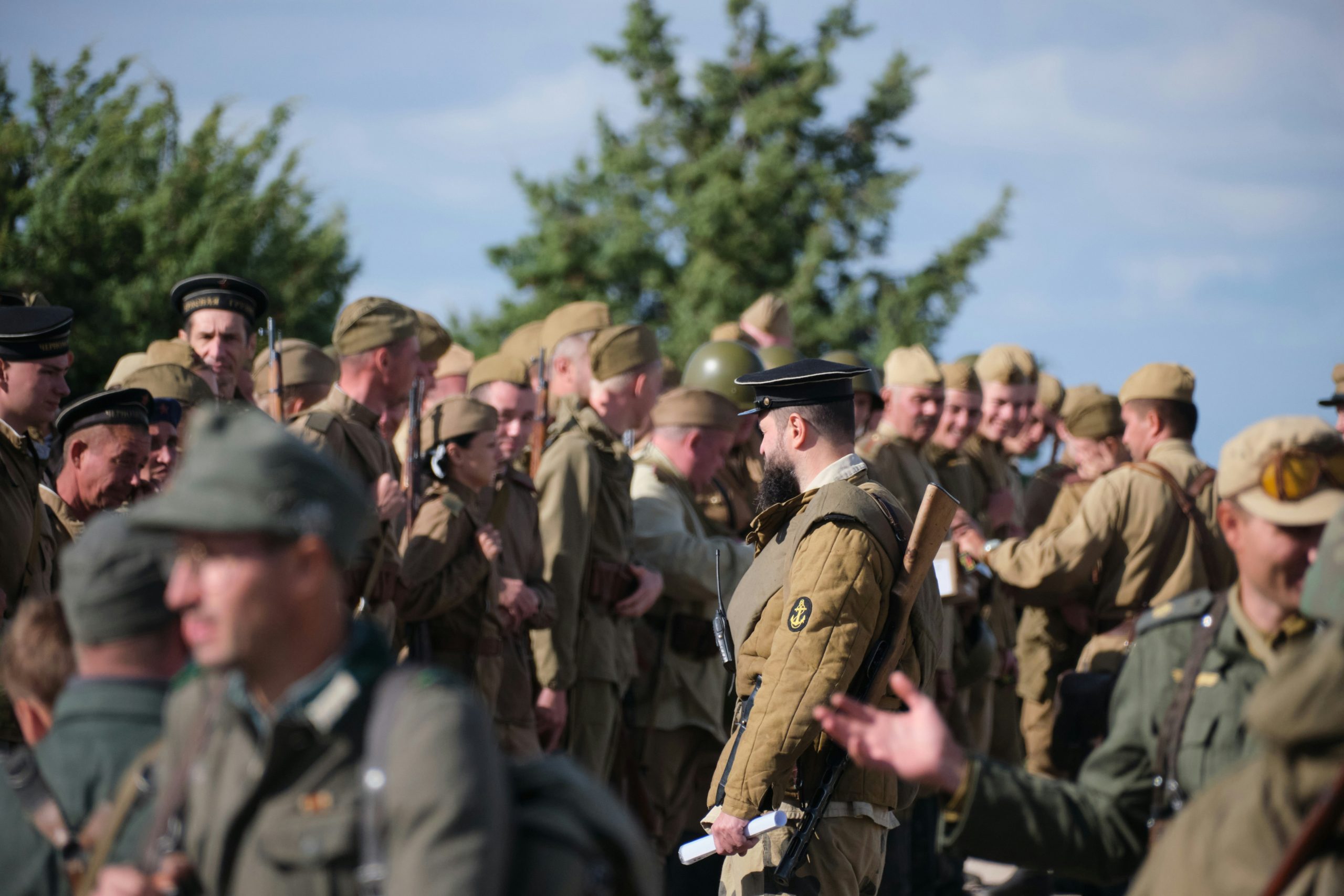In a significant move to strengthen its national defence, Germany’s cabinet has passed a draft bill introducing voluntary military service. The legislation, which is a direct response to rising geopolitical tensions following Russia’s invasion of Ukraine, marks a major policy shift.
While the plan is designed to be voluntary, it includes provisions to reinstate full conscription with parliamentary approval if recruitment goals are not met. This policy has become a priority for Chancellor Friedrich Merz, who stated earlier this year, “we are now back on the path to a military service army.”

Boosting the Bundeswehr: A Response to Russian and American Pressure
The new bill is part of a broader effort to transform the Bundeswehr, Germany’s armed forces, into the “strongest conventional army in Europe.” Defence Minister Boris Pistorius has set a goal of increasing the number of active soldiers from 182,000 to 260,000 by the early 2030s to meet new Nato force targets. Germany’s plans also follow repeated calls by US President Donald Trump for Europe to take more responsibility for its own defence. The new government has already loosened borrowing restrictions to enable a surge in defence spending, committing to allocating 3.5% of its economic output to defence over the next four years.
Youth and Critics Question the New Military Plan
The new voluntary service framework requires all 18-year-old German men to fill out a mandatory online questionnaire about their willingness to serve, while it remains voluntary for women. This policy has drawn criticism from some youth representatives and political opponents. Quentin Gärtner, who heads the Federal Pupils’ Conference, stated that young people want to contribute but must be included in the decision-making process.
Some members of Chancellor Merz’s own conservative party argue that the bill does not go far enough and want a clear path to mandatory conscription. Meanwhile, anti-war activists and commentators have questioned whether the move will lead to a better professional army or simply burden young people with an expensive, old-fashioned system

















